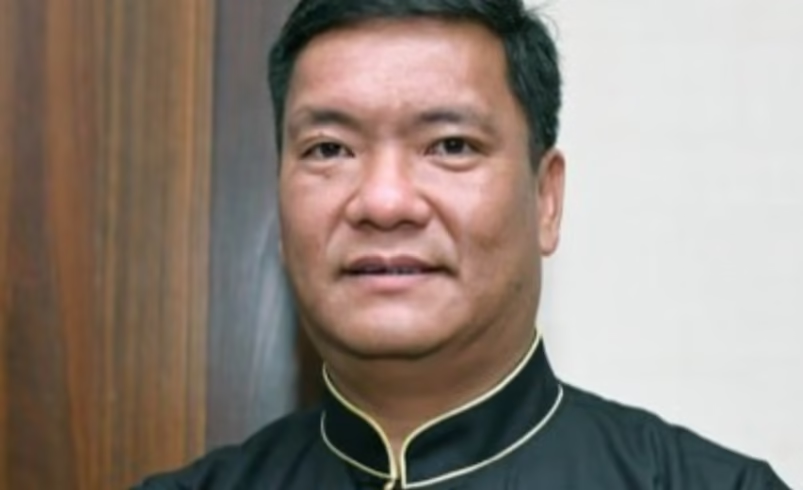Arunachal CM Emphasizes Border with Tibet, Not China
- July 10, 2025
- 0

Arunachal Pradesh Chief Minister Pema Khandu has made a significant statement regarding the state’s geopolitical stance, asserting that Arunachal Pradesh shares its border with Tibet rather than China. This declaration comes in response to Beijing’s persistent territorial claims over the region. Khandu’s remarks underscore the ongoing tensions between India and China, particularly concerning territorial integrity and sovereignty.
The Chief Minister’s comments are particularly relevant in light of China’s infrastructure developments along the Yarlung Tsangpo River, known as the Brahmaputra in India. China has been constructing a dam on this river, which flows into India, raising concerns about potential environmental and security implications for downstream regions. Khandu highlighted the existential threat posed by this project, emphasizing the potential for catastrophic water releases that could impact millions of lives in northeastern India.
This situation reflects broader geopolitical dynamics in the region, where water resources are increasingly becoming a point of contention. The Brahmaputra River is a crucial water source for both countries, and any unilateral actions by China could have severe consequences for India’s water security. Khandu’s statement is a call to action for both national and international stakeholders to address these concerns through diplomatic channels.
The Chief Minister’s assertion also resonates with historical and cultural ties between Arunachal Pradesh and Tibet. The region has long-standing cultural connections with Tibet, which further complicates China’s territorial claims. By emphasizing these ties, Khandu seeks to reinforce Arunachal Pradesh’s distinct identity and counter Beijing’s narrative.
In conclusion, Pema Khandu’s remarks highlight the complex interplay of geography, politics, and culture in Arunachal Pradesh. As tensions persist, it is crucial for diplomatic efforts to focus on sustainable solutions that respect regional identities and ensure equitable resource management.